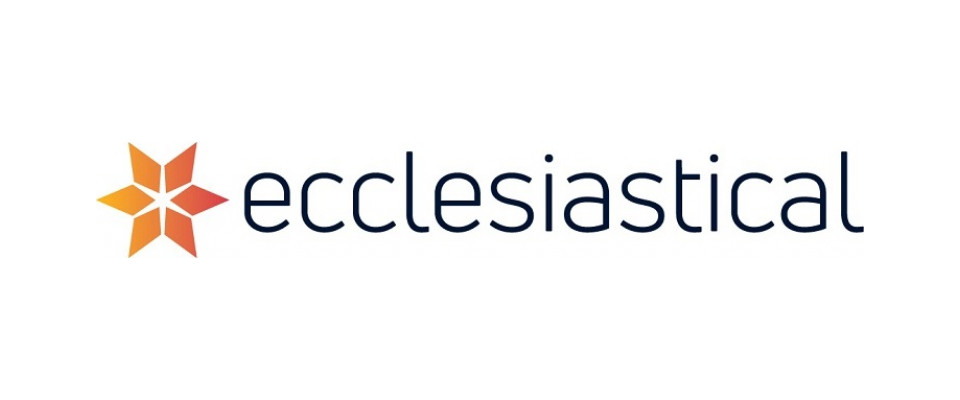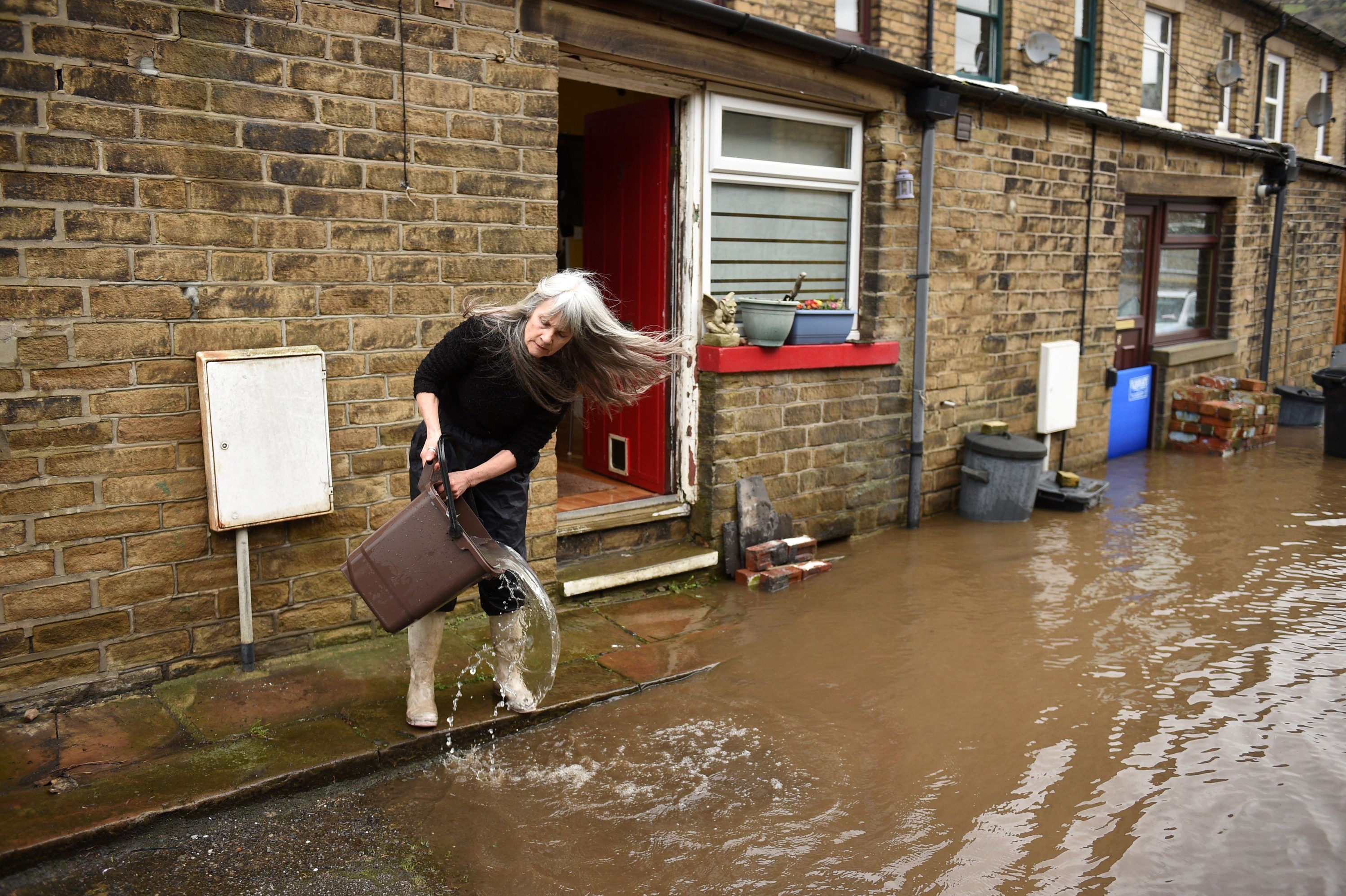
Which is the best home insurance provider? That depends on your demands. Cost is a factor but having a policy that matches your needs is just as important.
Also crucial is how you are likely to be treated, especially if you need to make a claim.
In this article, we outline:
- The best home insurers for
- What to watch out for when buying home insurance
- Should you get cover away from home?
- What about your garden?
If you’re wondering what type to take out read: what type of home insurance do I need?
The best home insurance providers
When considering a particular insurer, look at factors such as:
- Cost
- The breadth of cover offered by a policy
- The claims experience of customers with that provider
Below we round up the best home insurance providers across different categories.
Read more: Best over-50s life insurance

Ecclesiastical Insurance
– Times Money Mentor Awards in 2023 for Best Home Insurance
– Home emergency and legal expenses cover included as standard
Why we rate it: Ecclesiastical offers award-winning home insurance with one judge from our awards last year describing it as, “streets ahead on service and a top quality product.”
It comes with a few unique areas of cover, like cover for your contents if you’re travelling away from home. Optional extras include cover for your bike if it’s worth more than £750 and discounts for charities and churches.
Plus, as a new customer, Ecclesiastical will make a £130 donation to a charity of your choice.

Nationwide Home Insurance
– No hidden fees or charges
– Strong customer loyalty and rewards
Why we rate it: Nationwide’s home insurance is one of the more comprehensive products on the market, underwritten by Royal Sun Alliance, one of the UK’s largest insurers.
The product is flexible, with a choice of cover limits for contents. The unlimited cover option has a higher premium, while the scaled-back package, with a £50,000 contents cover limit, comes at a lower cost. Unlimited buildings cover comes as standard.
The policy has several optional add-ons. You can add accidental damage cover, matching sets cover, home emergency cover, and legal cover, building a policy that fits your budget and desired level of cover.
Nationwide currently offers to pay any cancellation fees with your existing provider, meaning you can switch to them before your current coverage expires at no extra cost. They will also reward pre-existing Nationwide members with a 25% discount on their quote.

TSB Pick and Protect (contents)
– Flexible cover
– Choose your own contents level
– Choose personal items cover
Why we rate it: TSB Pick and Protect is flexible home insurance that allows the customer to choose the level of cover they need right at the start when they are applying for the policy.
These flexible policies where you choose your own level of cover are becoming increasingly popular, with customers prompting more brands with similar approaches, such as Frontier, to enter the market.

SAGIC (Salvation Army General Insurance Corporation)
– Profits go to Salvation Army
– Low excess
– No fee for cancellations or changes
Why we rate it: The SAGIC policy (if optional cycle and money cover is included) is one of only a handful of products to get five stars in our product ratings.
The insurer is wholly owned by the Salvation Army – which means all profits are returned to the charity – and has excellent cover levels and low excesses, meaning customers won’t be forced to stump up a lot when making claims.
The policy also comes with no fees for cancelling or making changes.
The business has been providing insurance since 1909 and offers discounts if you are a Salvation Army member. It won’t offer cover to those who have senior roles in certain professions, such as gambling, alcohol and weapons.
What do I need to watch out for when buying home insurance?
There are a few considerations to think about before picking the best home insurance for you. Those include:
The rising cost of excesses
One of the elements that people often forget about is the excess – the amount of any claim that the policyholder agrees to pay.
Most insurers have a compulsory excess, plus policyholders can have a voluntary excess that may be added on top.
Then there are additional excesses for certain claims such as escape of water, subsidence or floods.
Over the past few years, escape-of-water excesses have been creeping up, with a growing number of policies now charging £350 to £450 on claims for events such as burst pipes.
Read more: The best home emergency providers
Are matching sets covered?
If half your matching kitchen units burn down, you don’t want to have to get replacement units that don’t match the old ones.
But that’s what would happen with some home insurance policies. It’s simply wrong to assume that all parts of a set will be included in the cover.
There are policies that will pay to replace the undamaged items. It’s worth checking the small print to ensure this important element is covered.
What about ‘trace and access’?
Some home insurance policies will only pay out for finding and fixing a problem such as a leak, and won’t pay the “trace and access” – the cost of repairing the wall or floorboards that had to be knocked down or ripped up to find the leak.
It may not seem very sensible, but it would be a costly mistake to discover that the policy doesn’t give you adequate cover when you come to claim.
What about fees for cancellation or changes?
Some insurers charge up to £40 to make a change to your policy, and as much as £58 to cancel a policy. That can be very annoying and expensive if you need to amend any details on your insurance.
Do I need accidental damage cover?
It’s certainly worth considering and asking about the cost.
If you work from home, find out more here about whether you are covered for home working.
Are home emergency add-ons worth it?
Home emergency cover should pay out to repair your boiler if it breaks, or to fix a leak – but there is a big difference in the quality of the products on the market.
Most insurers will offer home emergency cover as an extra for a few more pounds a month – but be clear on what is actually included to ensure you are paying for cover that you need and not stumping up for useless protection.
Policies can have lots of oddities and added extras, not all of which are essential. Don’t get too carried away with these features; ask yourself if you really need them.
Cover away from home?
You will need to pay extra if you want to cover gadgets and bikes away from your property. But it could be an economical way of protecting expensive items that travel around with you, such as your mobile phone.
Check the small print on when a policy would and wouldn’t pay out, though – and make sure you are clear on what excess you would have to pay.
Meanwhile, if you travel often, watch out for the maximum number of days allowed for your home being unoccupied. Some policies will invalidate your cover if you are away for more than 30 days in a row.
What about the garden?
Check carefully on a policy whether items in the garden and outbuildings are covered. The limits offered may be very low for items outside, so you may need to pay extra to protect your external valuables.
Read more: How to limit the cost of storm and flood damage
*All products, brands or properties mentioned in this article are selected by our writers and editors based on first-hand experience or customer feedback, and are of a standard that we believe our readers expect. This article contains links from which we can earn revenue. This revenue helps us to support the content of this website and to continue to invest in our award-winning journalism. For more, see How we make our money and Editorial promise
Important information
Some of the products promoted are from our affiliate partners from whom we receive compensation. While we aim to feature some of the best products available, we cannot review every product on the market.




